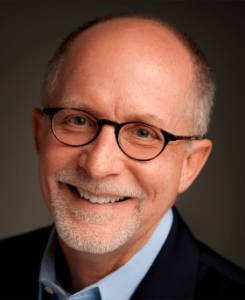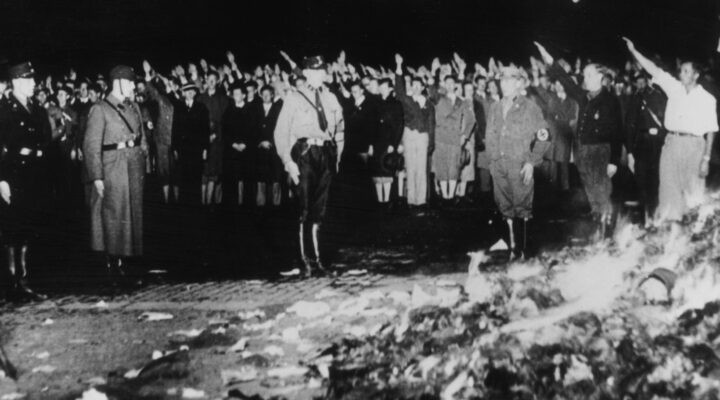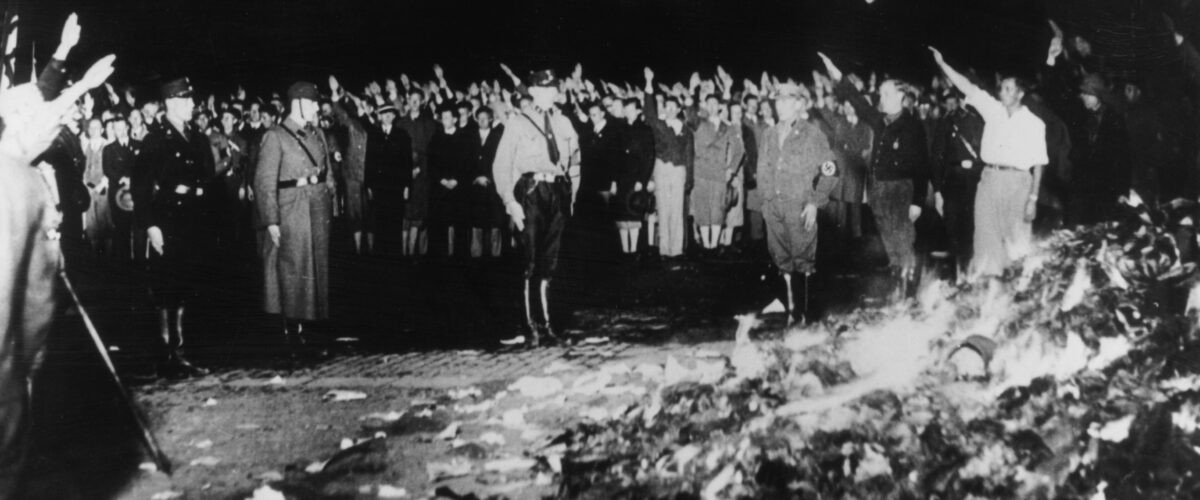The recent ruckus about banning books from school libraries dredged up a vivid-yet-obscure memory from my early childhood. When I was in first grade, my father — a prototypical conservative Baptist pastor of his generation — surprised me by saying he opposed banning what I’m sure we called “dirty books.”
Wispy winds of history obscure the reason for that conversation. The U.S. Supreme Court handed down Bantam Books, Inc. v. Sullivan in 1963. The justices declared states must establish First Amendment safeguards when ruling books obscene. Since I remember our discussion took place in the parsonage of Lincoln Street Baptist Church in Dalhart, Texas, where we lived at the time, perhaps a news report about that case prompted our little talk.
Why I remember our discussion is more baffling still. But (a) I was a curious boy, and (b) we were talking about “dirty books.”
First-grader logic follows a straight line from “good” to “bad.” In all my almost-7 years, I had learned “dirty books” were “bad.” Naturally, I assumed they should be piled up and burned. (A year later, in discussing another case — Jacobellis v. Ohio — Justice Potter Stewart acknowledged obscenity is difficult to define but set his personal parameter by claiming, “I know it when I see it.” At 7, not only could I not define “obscenity,” but I’m pretty certain I had not seen it, either.)
“My dad shocked me when he said he would retrieve any books I threw into the fire.”
My dad shocked me when he said he would retrieve any books I threw into the fire.
He blended theological and practical reasoning to reach his pro-book/anti-burning conclusion.
God made all kinds of people with all kinds of thoughts and beliefs, he explained, theologically. We naturally believe we’re correct and they’re wrong. But maybe not. We should be humble and refuse to squelch the opinions of others, just as we would want them to protect our right to express our beliefs.
There you have it. Always count on an old-timey preacher to quote Jesus: “Do unto others as you would have them do unto you.”

Marv Knox
Don’t get side-tracked here. My dad didn’t defend what he probably called “smut” back in 1963. He preached against sin twice on Sundays and every Wednesday night. Being a Baptist preacher of his generation, he particularly abhorred sexual sin — not because he hated sex, but because part of his job was picking up the pieces when folks abused sex, hurt people with sex and ruined their lives with sex.
But my dad staunchly believed in free speech — even speech that contradicted his beliefs. In that regard, he stood with Baptist pastors who preceded him: Roger Williams, who founded Rhode Island for absolute religious liberty. John Leland, who convinced James Madison to include religious freedom, right alongside free speech, in the First Amendment. George Truett, pastor of First Baptist Church in Dallas when my dad was a boy, who championed liberty for all kinds of people.
Beyond theology, my dad’s logic embraced a decidedly practical notion: We’re in the majority now, he reasoned, but what will happen when people who believe like we do don’t out-number everyone else? That seemed almost unthinkable in 1963, but six decades later, the tide has just about turned.
According to his practical logic, the majority should protect the rights of minorities, not simply because it’s the godly thing to do. Someday, the majority might become the minority. In my dad’s logic, even pragmatism pivots on the Golden Rule.
My dad “went home to be with the Lord” in mid-January. But we need old-timey preachers like him now, more than ever. The book-banning crowd is being roused by preachers and other folks who wear their religion out for everyone to see but fail to follow the Golden Rule. They ignore Jesus’ Second Commandment — to love neighbor as self — in order to seek advantage for themselves and to secure their own privilege.
“Ironically, their endeavor will ensure their children’s everlasting ignorance.”
Ironically, their endeavor will ensure their children’s everlasting ignorance. Book-banning preachers and parents exhibit an appalling lack of faith. They apparently do not believe in the power of their ideas and the veracity of their beliefs. Otherwise, they would not feel compelled to cast out competing ideas. They’re scared their vision won’t hold up if their children see something else.
Also ironically, they call themselves conservative. Actually, “conservative” means seeking to preserve historic, traditional ways of thinking, believing and acting. If they were conservative, they would stand with my dad, who stood with Jesus, treating others as God’s beloved creatures, worthy of respect. If they were conservative, they would stand with Roger Williams, John Leland and George Truett, protecting the rights of all people to believe according to the dictates of their consciences and to speak — and write — without fear or fetter.
The folks who want to ban books stand alone — apart from Jesus and heroes of the faith. Apart from traditional small-town, small-church faithful pastors, like my dad.
Like “obscenity,” “faithlessness” may be hard to define. But like Justice Stewart, I know it when I see it.
Marv Knox, founder of Fellowship Southwest following a long career in journalism, lives in Durham, N.C.
Related articles:
Texas Baptist Congressman attacks public school advocacy group on Twitter
Everything you need to know about the rise in efforts to ban books from libraries | Analysis by Mark Wingfield
The Maus saga: A case study of our present crises | Opinion by Bill Leonard
It was fundamentalists who taught me about soul competency, and now they want to ban books? | Opinion by Susan Shaw


